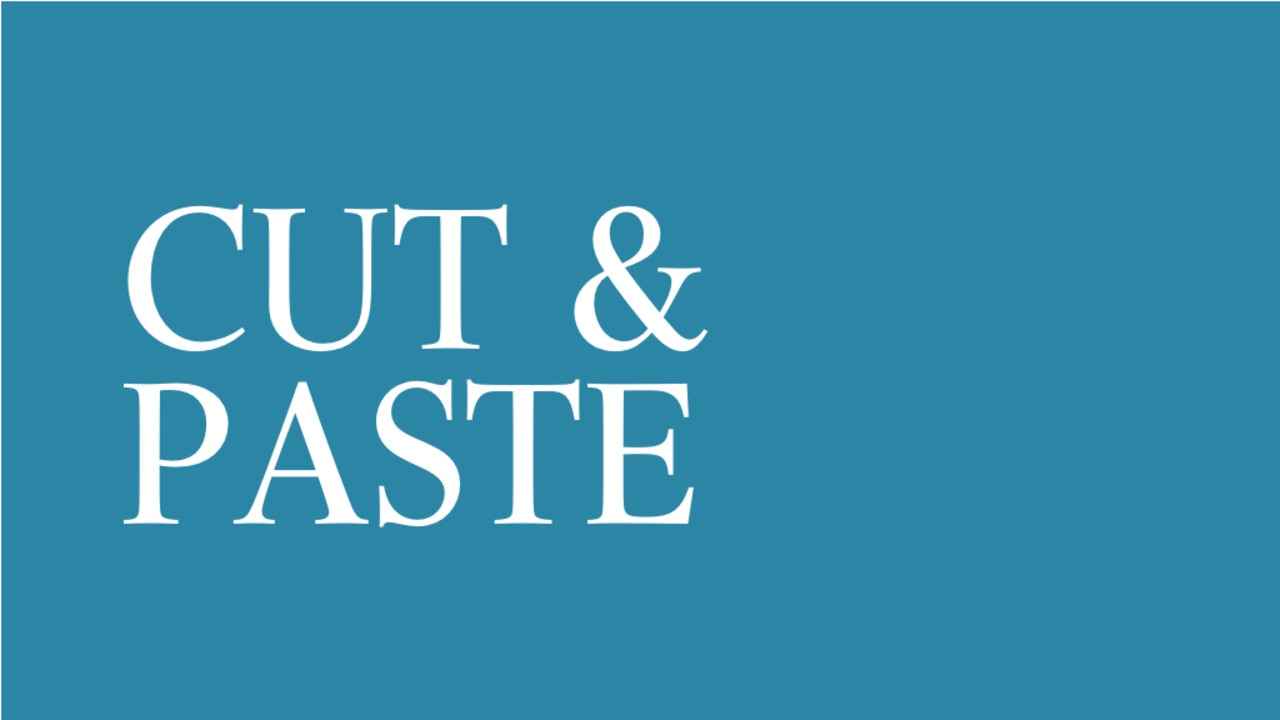Special forces, ordinary humans and 20 years’ warfare in the burial ground of empires
Ben Packham, The Australian, Wednesday:
The father of a commando killed by a Taliban rocket attack in Afghanistan says if the Chief of Defence Force Angus Campbell wants to revoke his son’s meritorious service award, he can “collect it himself from my son’s gravestone”. Felix Solomon Sher, the father of Private Gregory Michael Sher, wrote to General Campbell urging him to reconsider his decision to strip the Meritorious Unit Citation from 3000 special forces task group members to reflect their “collective responsibility” for alleged war crimes committed by 25 soldiers … Mr Sher’s letter … asked General Campbell why 99.3 per cent of special forces soldiers who served in Afghanistan were being punished for the actions of just 0.7 per cent.
US Marine Corps major Brian A. Kerg, US Naval Institute proceedings, February last year:
Social psychology experiments and research regarding mass punishment conclude with almost perfect unanimity that mass punishment is ineffective. Naval officers who use mass punishment risk the same consequences identified in these studies: continuation of the undesired behaviour; unit members less inclined to follow a regulation for which they already are being unjustly punished; loss of trust among small-unit leaders for the commander imposing the mass punishment; and a likely increase in service members leaving …
Greg Sheridan, The Australian, November 20:
This day of grievous shame and regret, not only for the Australian Defence Force but for the whole Australian nation, has its origin not in culture but in policy. It has its origin in the wretchedly ill-advised way Australia goes to war. The Howard government, for all its strengths, went to war in Afghanistan and Iraq and decided that the only people who would seek out direct combat were the special forces. We didn’t want to risk casualties, so instead we have apparently encompassed atrocities, and risked the moral support of the Australian people for the ADF at a time when this has never been more important.
Veteran and analyst Luke Graham, Quillette, August 1, 2018:
What makes the ADF’s road to gender equality more complex is the advice from activists and interest groups with very limited understanding of military service and the complexity of communal living, highly arduous and dangerous working conditions, as well as the absolute need to have confidence in your peers … (There) remains an ongoing expectation that personnel within military units abide by orders to conduct difficult tasks, including uniquely violent behaviour.
Veteran and politician Andrew Hastie, The Australian, Monday:
… we have forgotten basic truths about human nature that previous generations of Australians better understood. We live in a bent world. We all carry man’s smudge: people do bad things … Whatever name we give our condition, we should always guard against the reality of people doing bad things when they are left unaccountable. Our soldiers and officers are no different: they need accountability and firm leadership in the degrading cockpit of war.
Veteran and barrister Gray Connolly, Twitter, November 21:
I am not a social worker. I was there with (the NATO-led International Security Assistance Force). The war lacked any sensible purpose after 2002. We were simply holding off the inevitable Pashtu/Taliban reconquest. It is not our role to try and civilise Afghanistan.

